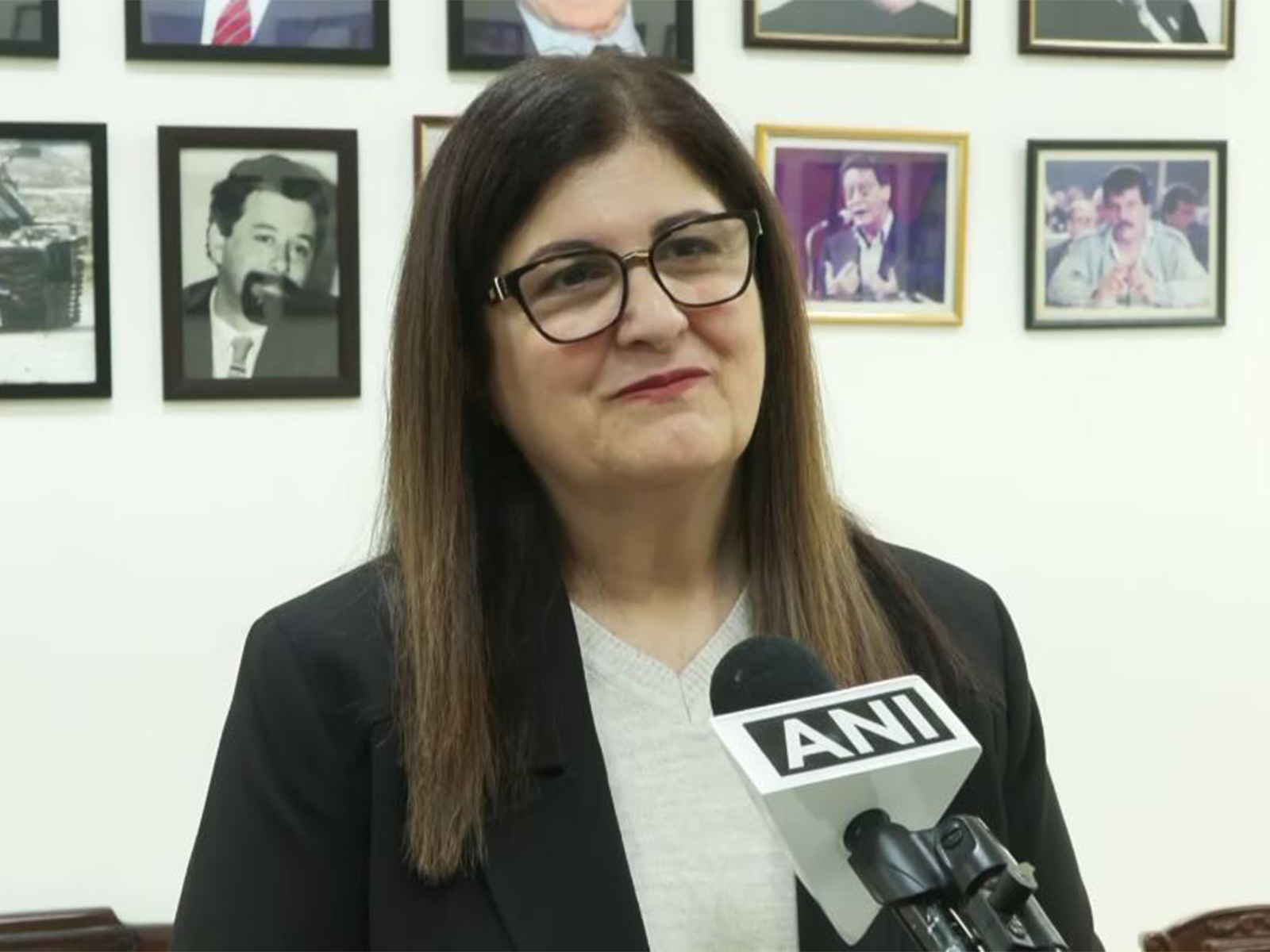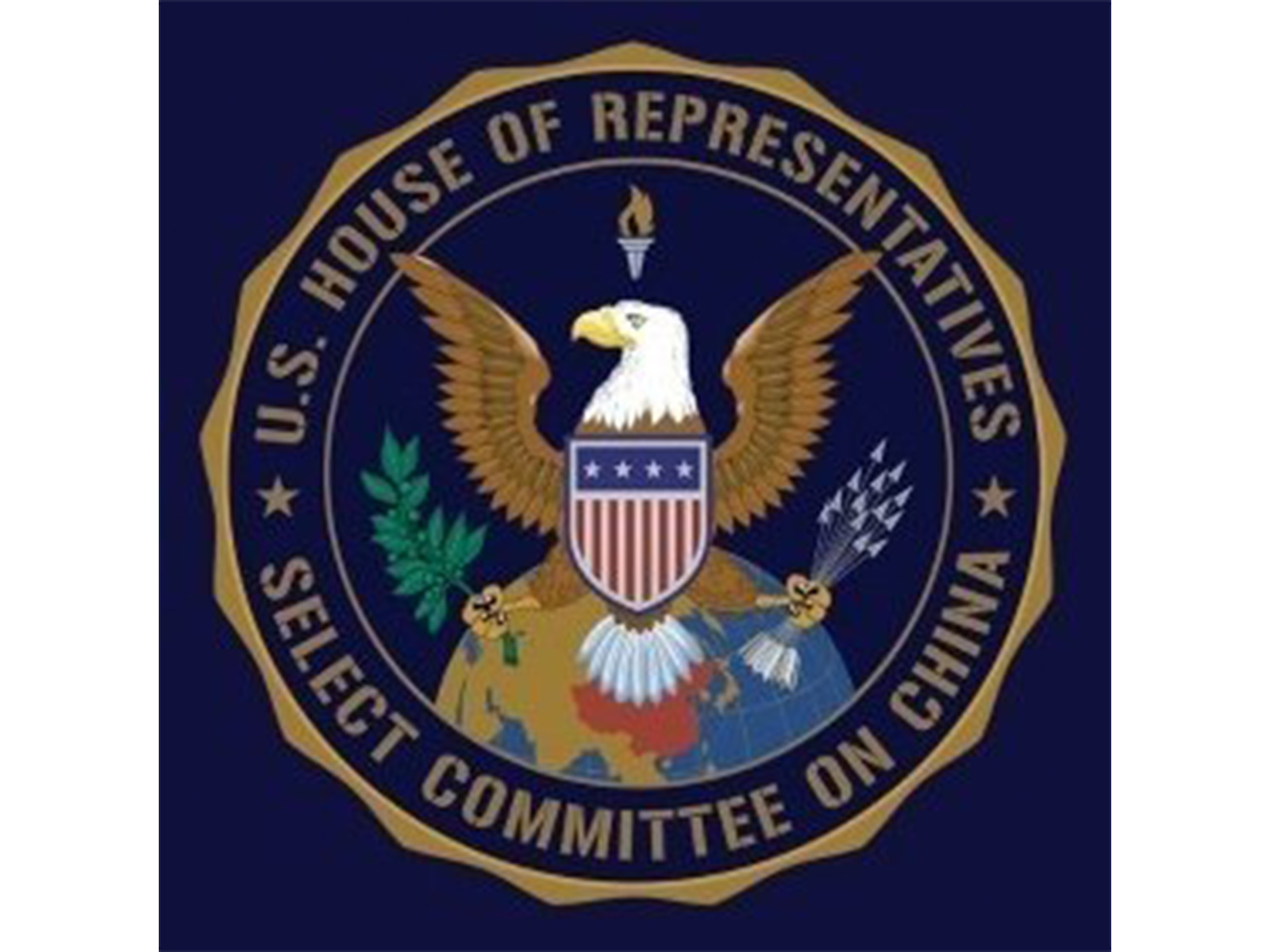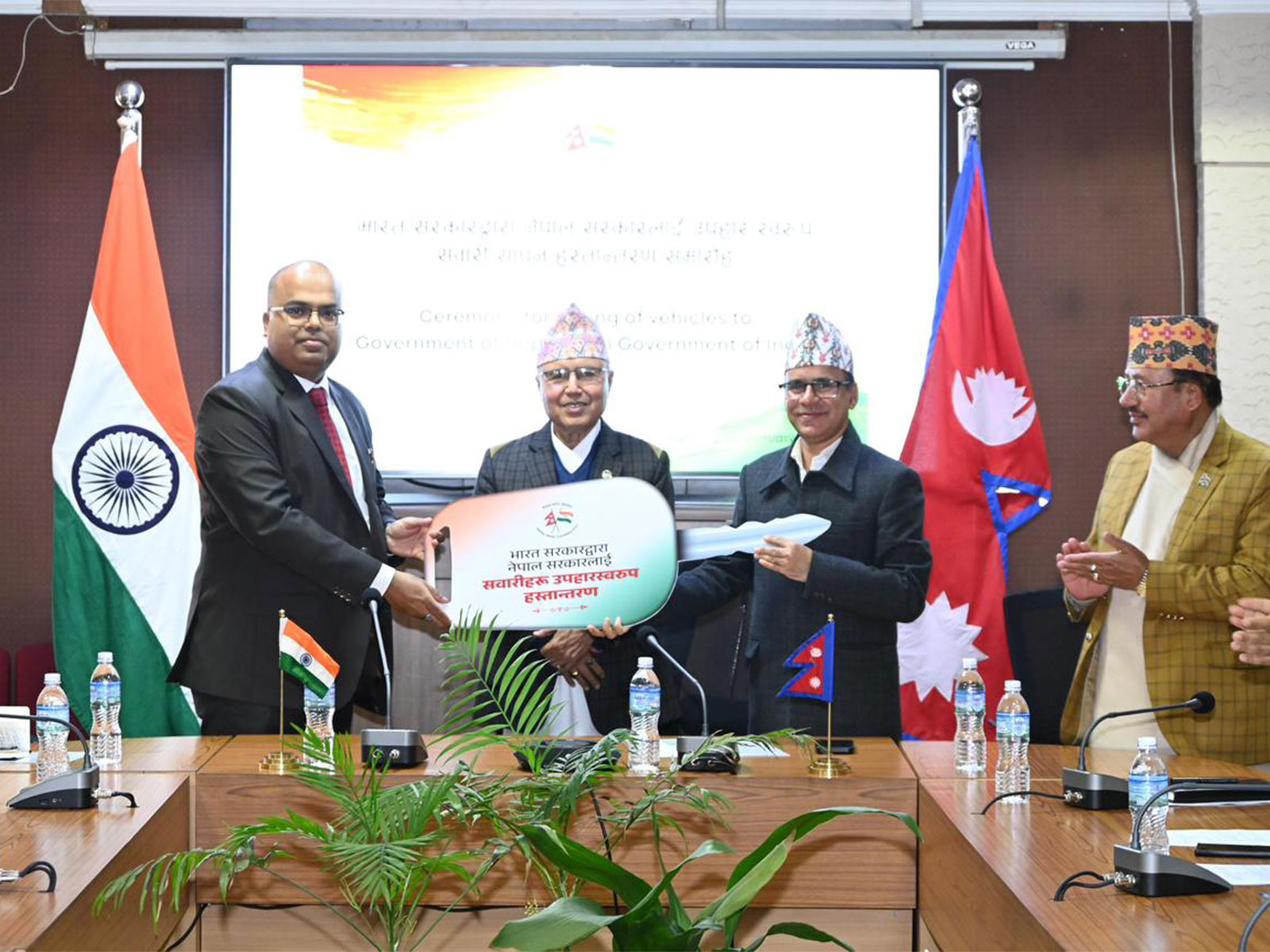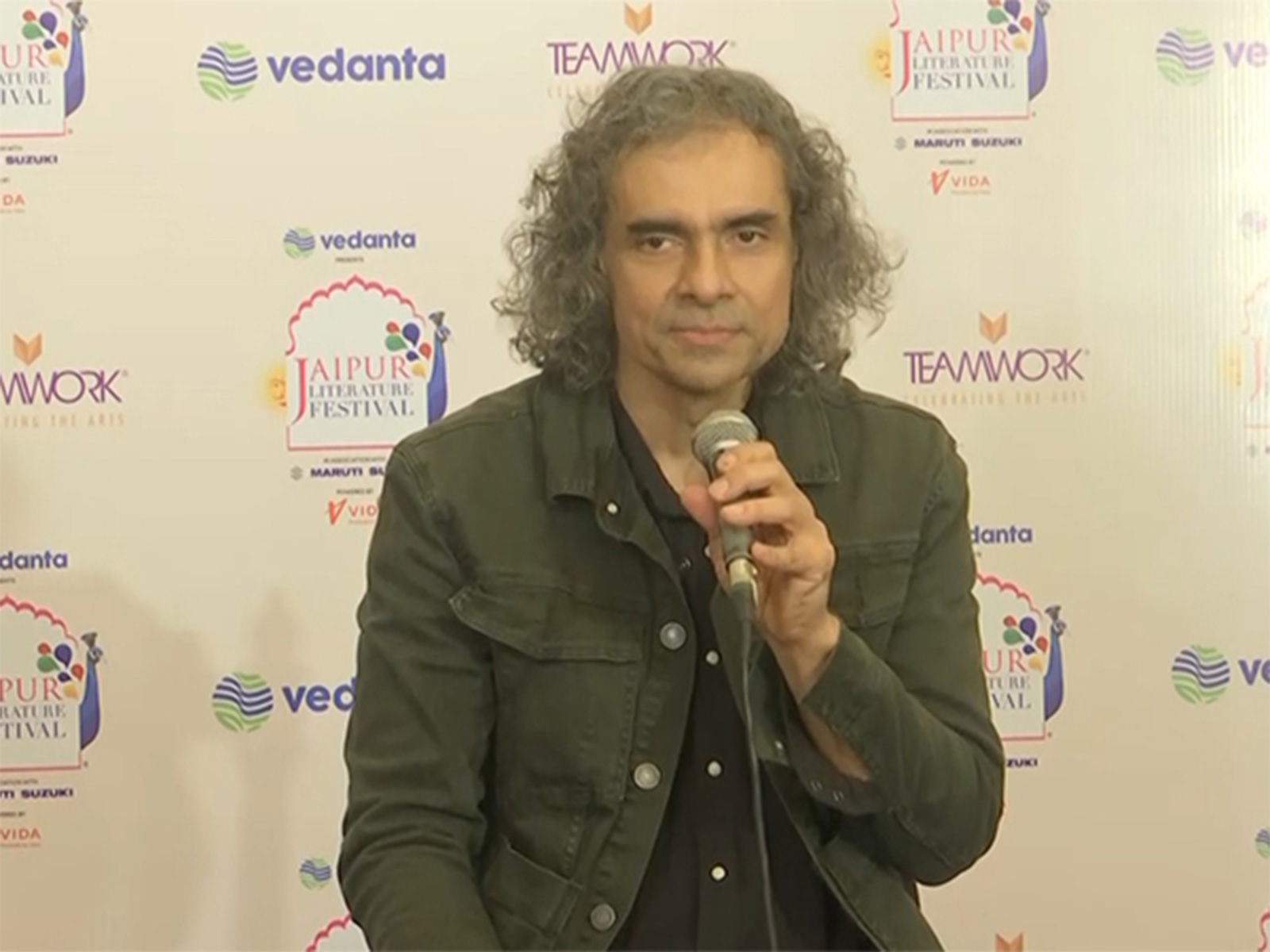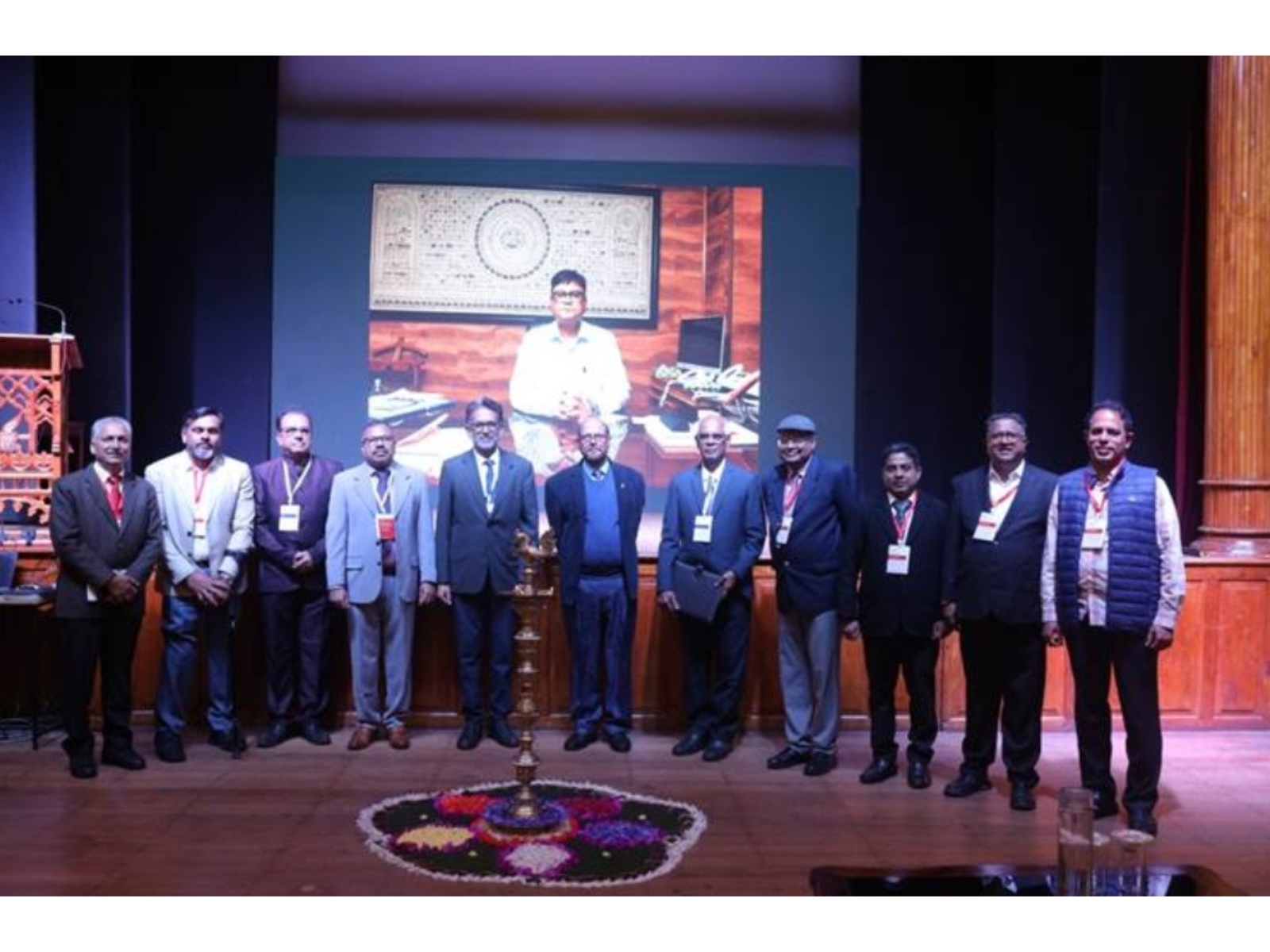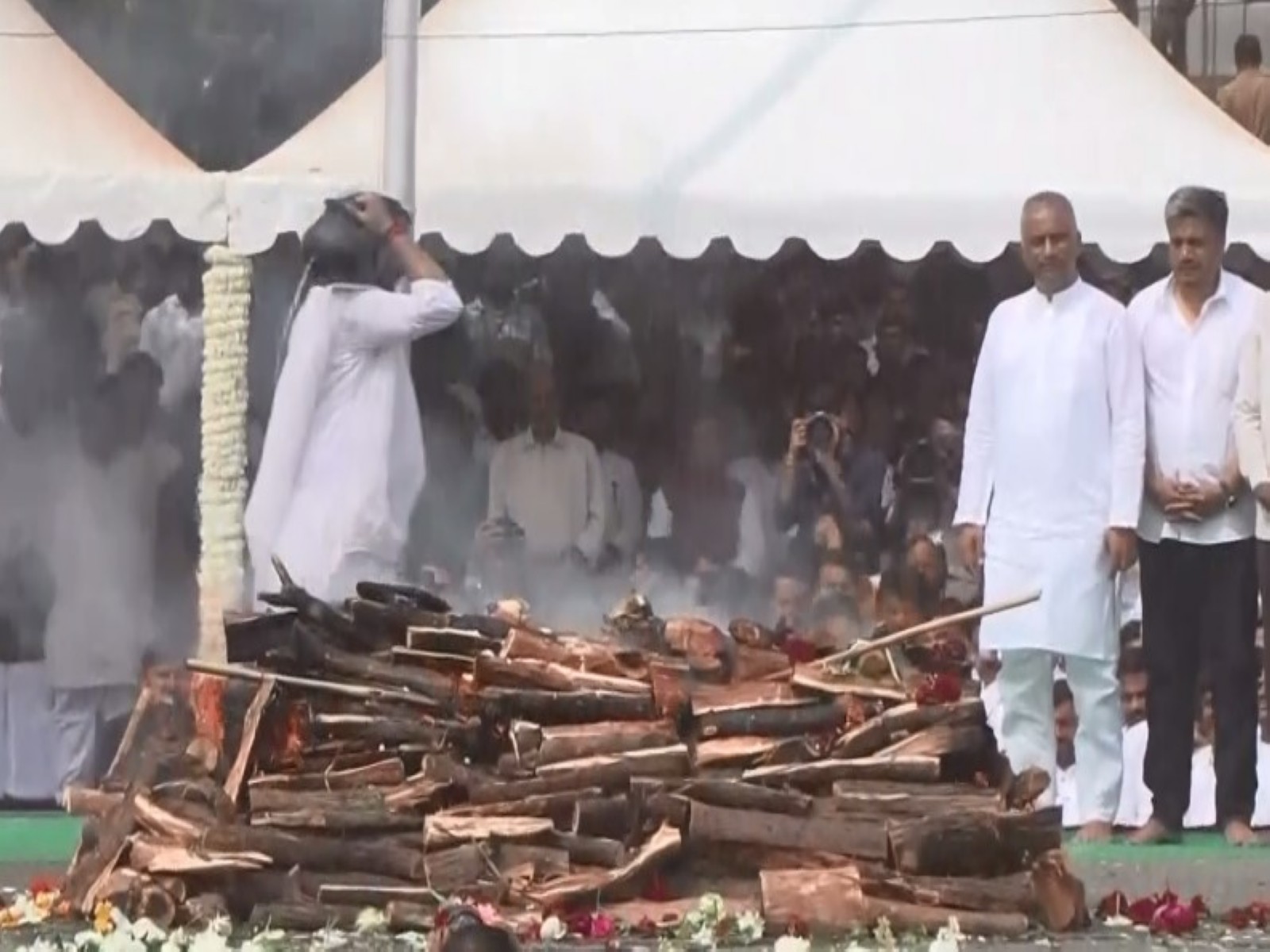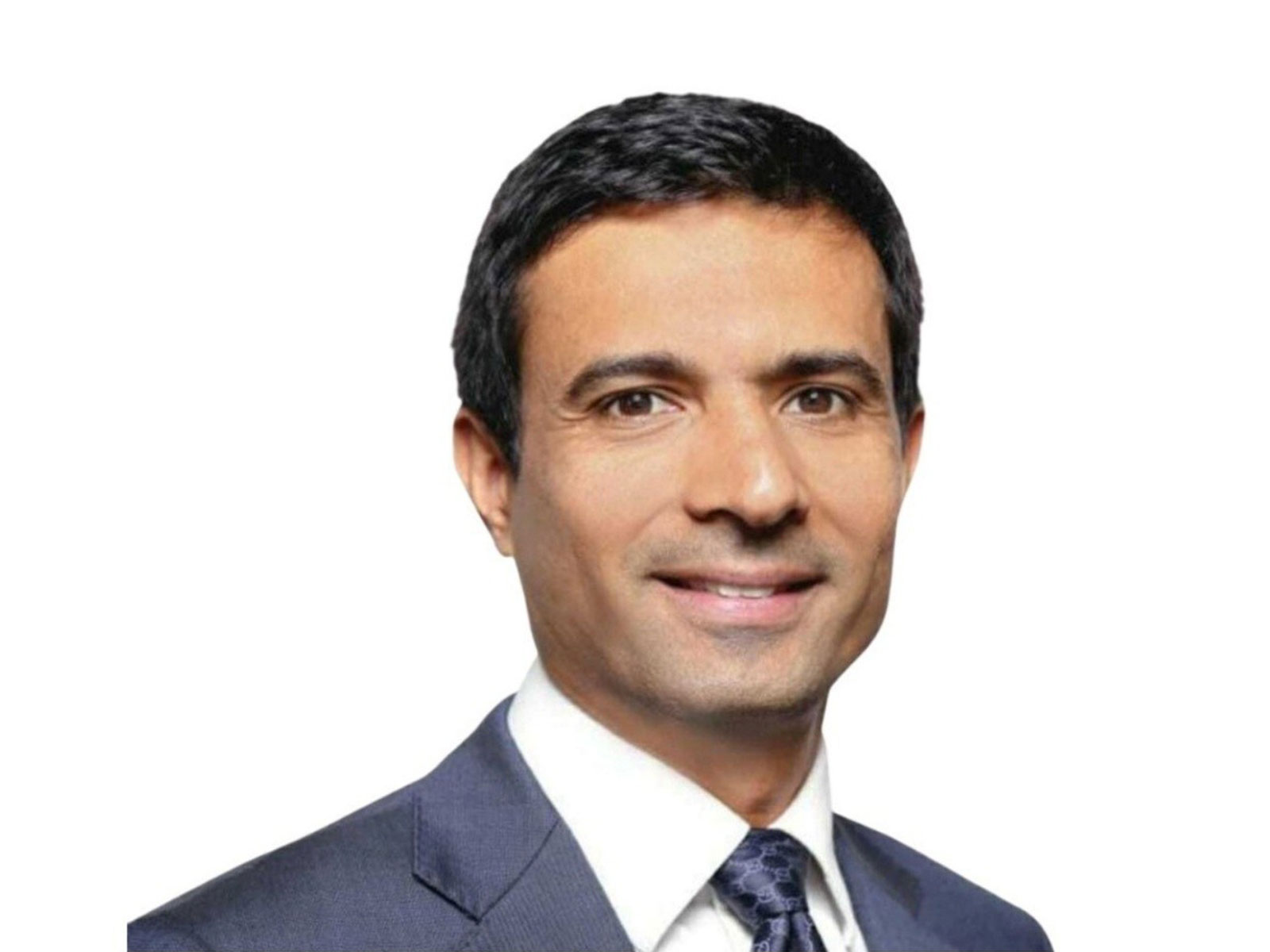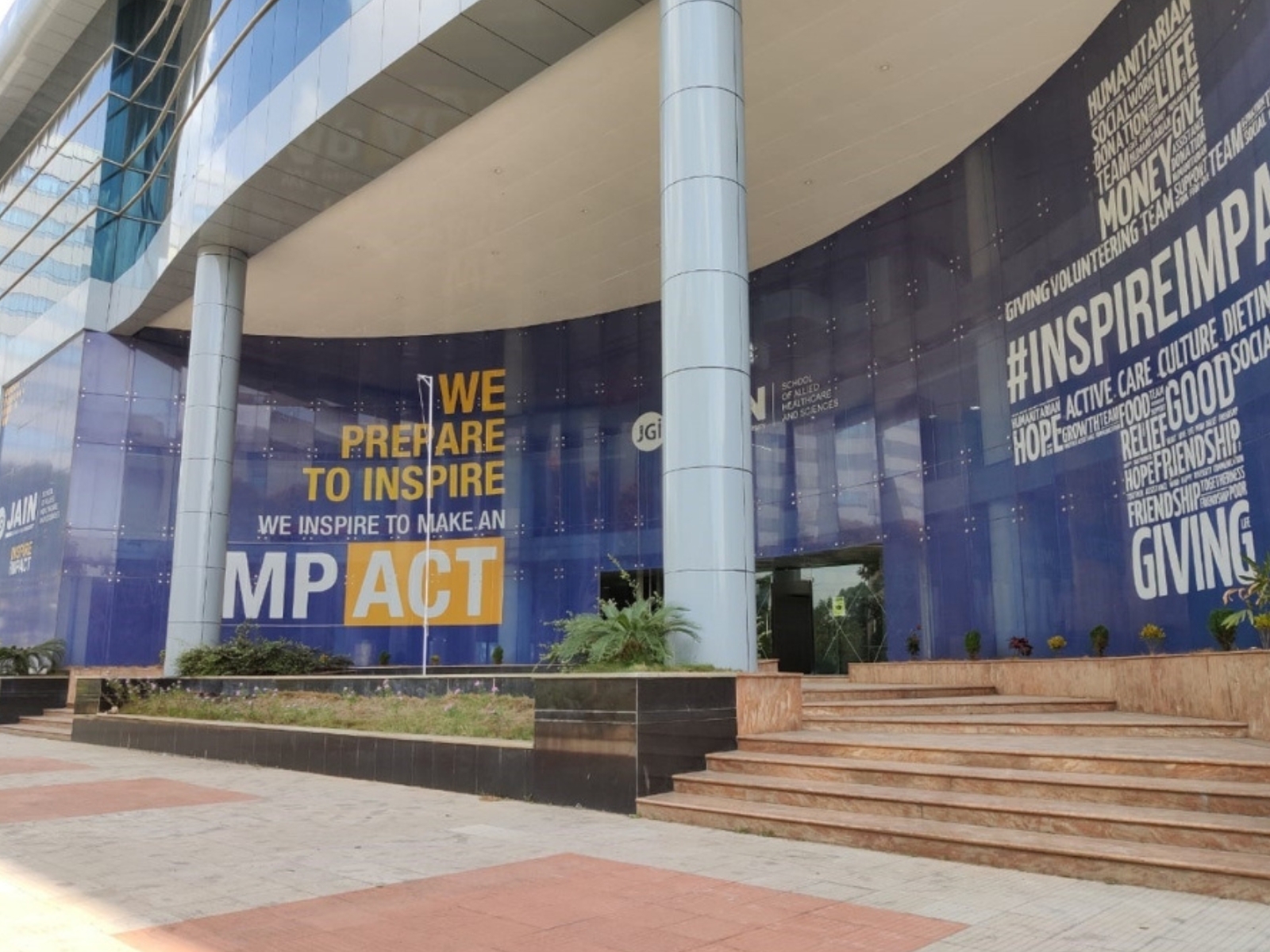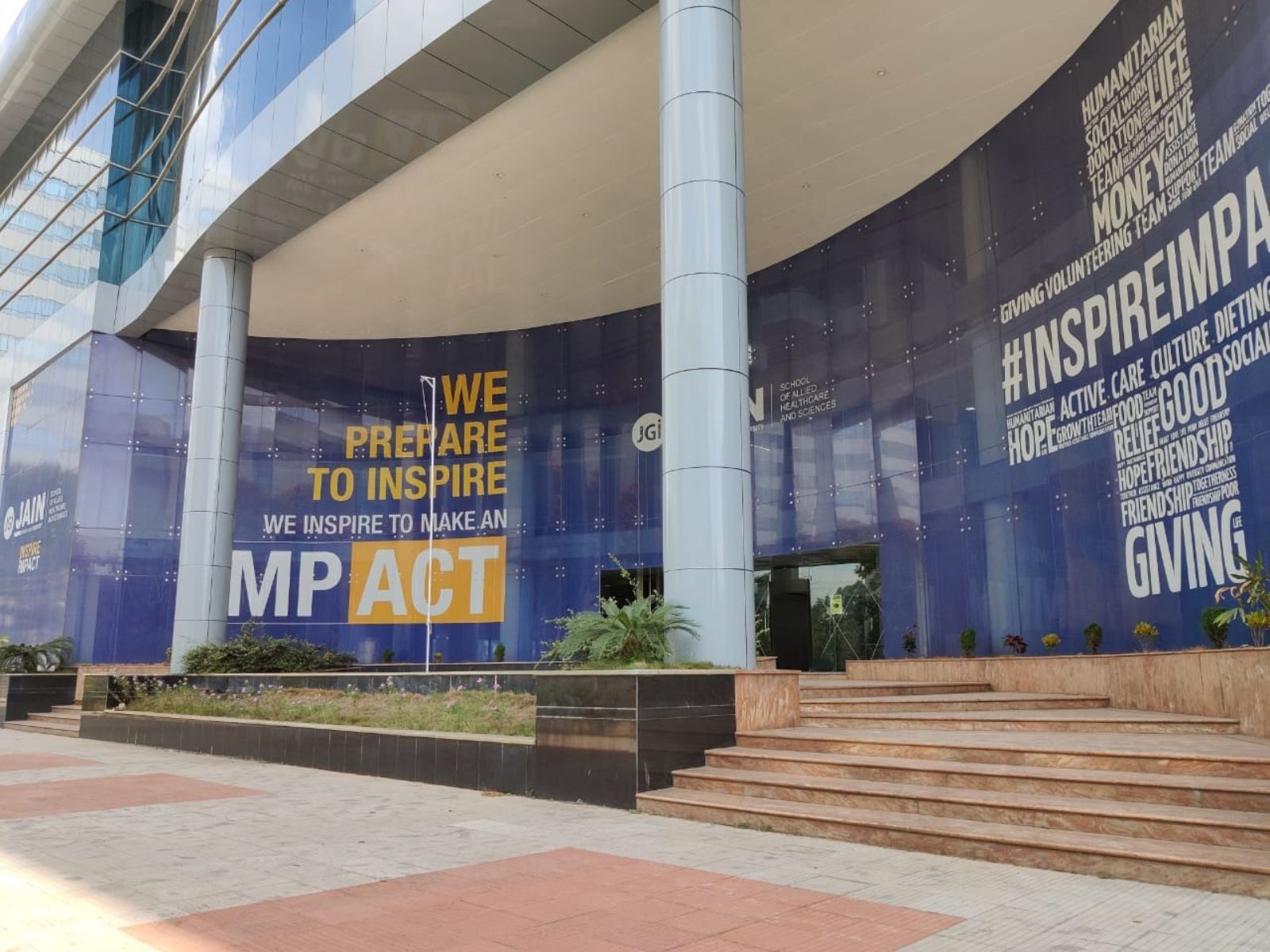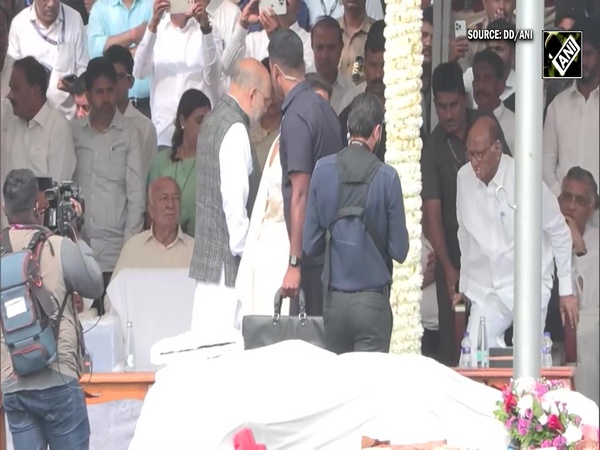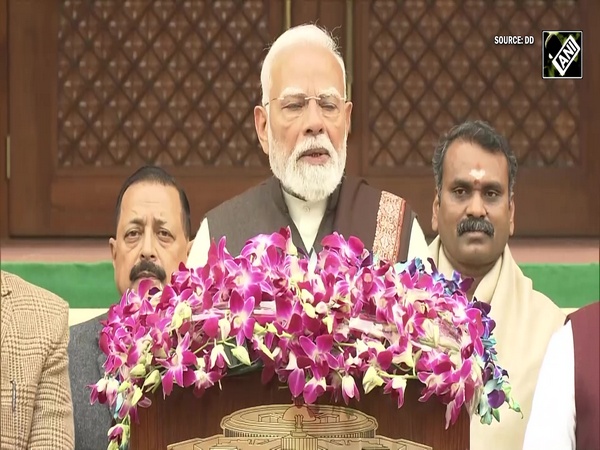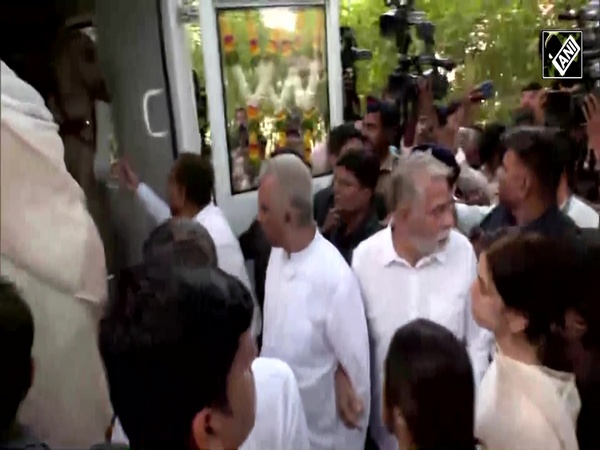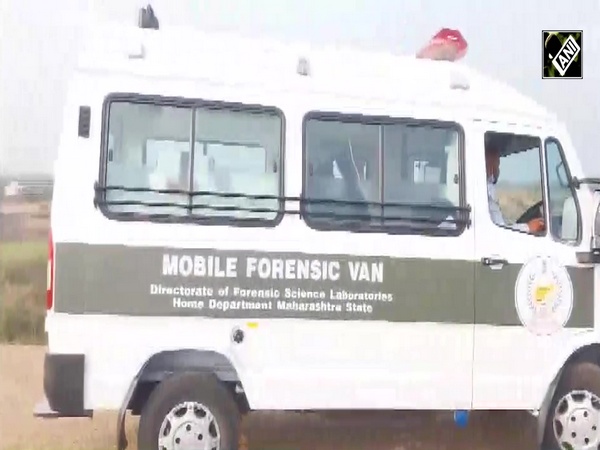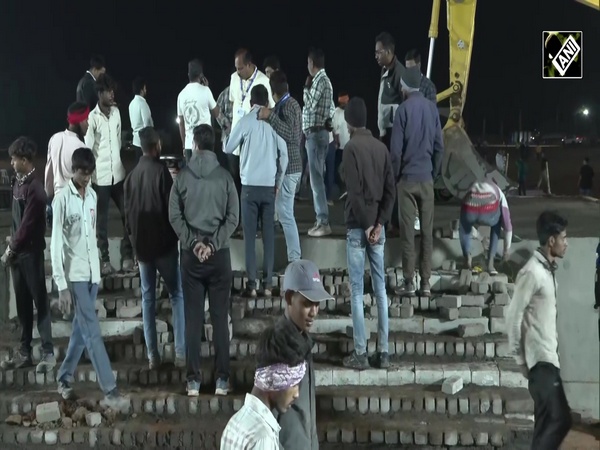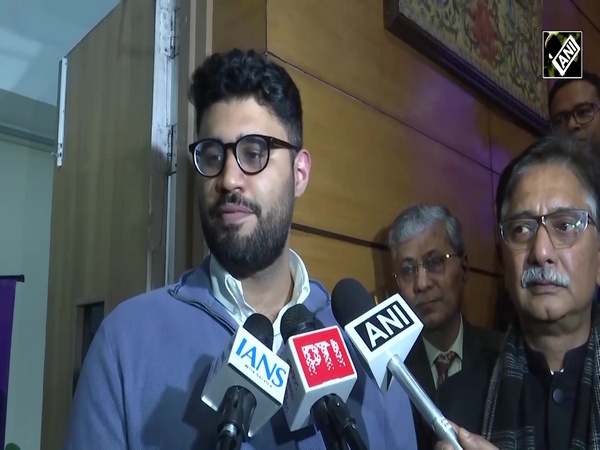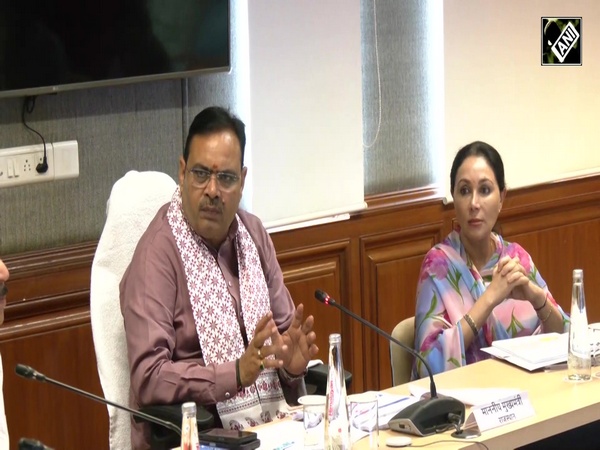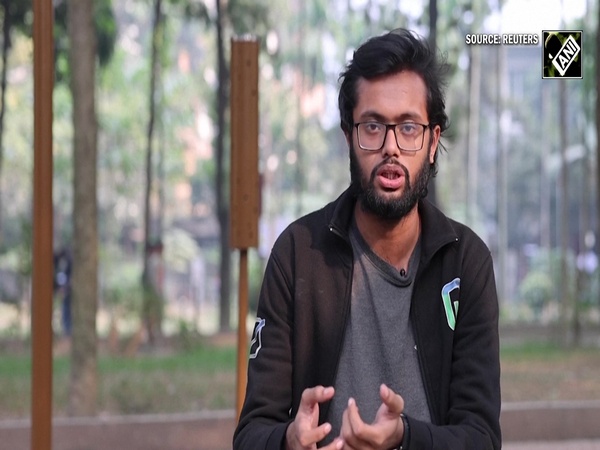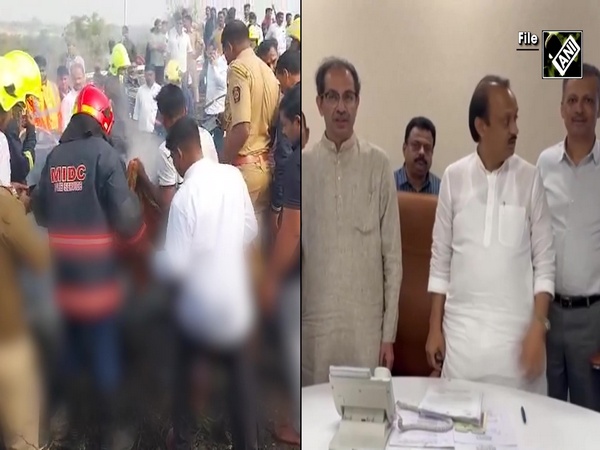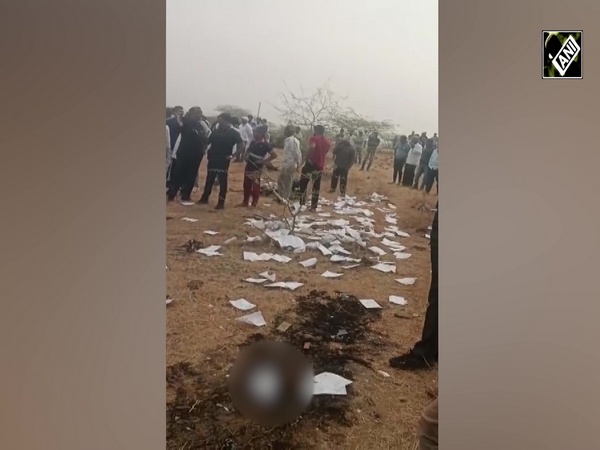Experts raise concern over China's BRI projects in Nepal, say Beijing has geopolitical interests
Jun 20, 2022

Kathmandu [Nepal], June 20 : Experts raised concern over the lack of transparency and viability of China's Belt and Road Initiative (BRI) projects in Nepal and said that it must be cautious while accepting support as the donor country has its own geopolitical as well as other vested interests.
The views were presented by numerous experts from different fields as they spoke at the News Society Nepal (NSN) Dialogue Series 'BRI (Belt and Road Initiative), International Experience and Nepal' organized by News Society Nepal.
Speaking on the occasion, journalist Bishwas Baral said that there would be problems if the agreements are not transparent. "No one has seen the BRI document yet. First of all, it needs to be transparent. During the recent visit of the Chinese Foreign Minister to Nepal, an agreement was reached to provide technical assistance to the railways. But, no one knows except certain government officials. Therefore, first of all, such agreements need to be transparent", said Baral, reported Nepal's local media outlet Kantipur News.
The experts said that a developing country like Nepal must be cautious while accepting international support as the donor countries have their own geopolitical as well as other interests. The event was organized by News Society Nepal, Nepal's local media outlet Kantipur News reported.
Diplomatic historian and strategist of Sri Lanka George IH Cooke said that countries can bring in a lot of investment but they have to be clear about what they are going to do from the investment.
"As far as I understand based on my research, the Chinese officials themselves don't want to push the railway project. They rather ask counter questions with us, 'Why don't you choose more viable projects'?" Baral said while pointing out the lack of participation of relevant government departments at the time of selecting projects. Baral said he found that even officials of Nepal's railway department were not consulted when decisions were taken to push for railway projects at the political level.
Another journalist Ajaya Bhadra Khanal said every project to be developed with international support like BRI must be commercially viable. He however was of the view that some of the projects built in Nepal with Chinese support were not transparent and commercially viable.
He said Pokhara International Airport, which was built with Chinese support, was one of such projects. According to him the involvement of Chinese contractors in Nepal increased dramatically mainly after 2008 when the Maoist government was formed in Nepal.
He said agents of Chinese state enterprises that are close to politburo members of the Chinese Communist Party (CCP) are involved actively in making deals. "Their agents come to Nepal and sign a secret MOU with the ministry. They did the same in Pokhara International Airport in 2011," he said. "After that they take the MOU to China. Then, the Exim Bank of China gives financial commitment and then they come to Nepal and they bag the project." He said a secret agreement was signed on building Pokhara International Airport as well, reported another local media outlet Karobar Daily.
"Nepal govt estimated to build the airport at USD 180 million but they (Chinese side) while bidding for the airport proposed USD 305 million at the minimum. The Bhairahawa International Airport of the same quality has been built at USD 75 million," Khanal explained, "Thus the Chinese loan came for Pokhara International Airport by inflating the cost."
He said that after a long negotiation, the cost was finally settled on USD 216 million. He thinks the airport isn't commercially viable. "Still, it was built for monetary and political interest. This is an example of how we get Chinese loans," he added.
He also pointed out that the interest rate of Chinese loans is much higher than the interest rate of the loans given by other countries. "Average interest rate of the loan given by other donors globally is around 1.3 per cent while the average interest rate of Chinese loans globally is 4 per cent," he said.
Therefore, he thinks that there was a need to renegotiate BRI projects with the Chinese side. "Also, the Nepal government from the Prime Minister's level has now said that we want grants to build BRI projects but can't take commercial loans," Khanal added.
Moreover, Sri Lankan geopolitical expert George IH Cook has said that Sri Lanka's economic crisis was due to its own misguided policy management. He said that countries can bring in a lot of investment but they have to be clear about what they are going to do from the investment.
"More than getting haphazard investments we should be conscious as to what is our national need, what is the national plan, is that investment fitting into the national policy and plan," he said. "If that doesn't fit into the national plan, it is going to be a very random, very haphazard investment. These are the questions we should start asking. It shouldn't be like it is accepted because it is given."
He also stressed ensuring zero corruption, accountability, and transparency in such projects. "In Sri Lanka, now people have started asking questions. Now we have awakened. This is something Nepal should do too," he explained. "Is every dollar, every yuan, every euro being used productively? It shouldn't go into personal pockets."
He said that the economic crisis in Sri Lanka was due to familism and mismanagement and now it would be difficult to get out of it. "We have to borrow money to pay off our debts. We are interested in how to deal with this situation," he said.
Geja Sharma Wagle, a geopolitical expert from Nepal said, "China and India are not only Nepal's neighbours but also development partners. We have to move forward on the basis of consensus between the government and the major political parties on how to become a prosperous nation in line with Nepal's national interest through their development."
